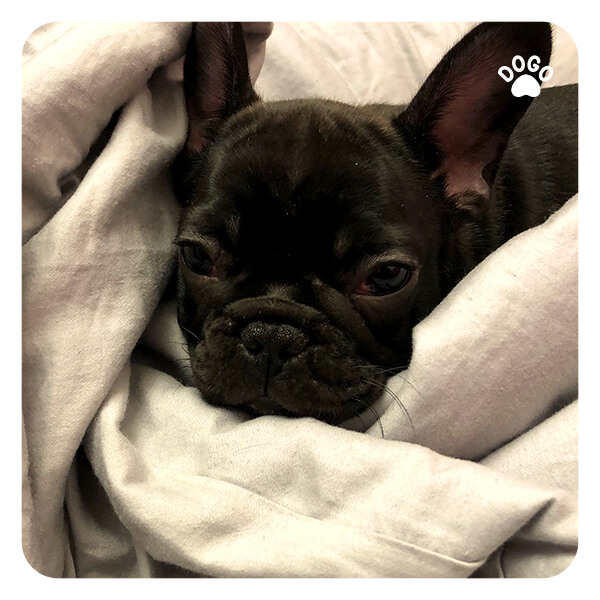 Welcoming a new puppy into your home is an exciting time, but it also comes with important responsibilities, like ensuring your furry friend stays healthy. One crucial aspect of puppy care is making sure they receive their vaccinations at the right time. In this blog post, we’ll explore when puppies should get their first shots and why it’s essential to their well-being.
Welcoming a new puppy into your home is an exciting time, but it also comes with important responsibilities, like ensuring your furry friend stays healthy. One crucial aspect of puppy care is making sure they receive their vaccinations at the right time. In this blog post, we’ll explore when puppies should get their first shots and why it’s essential to their well-being.
Understanding the Importance of Vaccinations
Ensuring your puppy is vaccinated is vital for their health and well-being. Vaccinations protect them from potentially fatal diseases such as parvovirus, distemper, and rabies. These diseases are highly contagious and can spread quickly, posing a significant risk to unvaccinated puppies. By providing the necessary vaccinations, you’re not only safeguarding your puppy’s health but also contributing to the overall well-being of the canine community.
When to Schedule the First Vaccinations
Puppies typically receive their first round of vaccinations between 6 and 8 weeks of age. This initial set of shots helps protect them during their most vulnerable stage of development. It’s important to consult with a veterinarian to determine the best schedule for your specific puppy, as certain factors, such as their health and environment can influence the timing of vaccinations.
The Vaccination Process
When you take your puppy for their first shots, the veterinarian will likely administer a combination vaccine that protects against multiple diseases. Commonly included in the initial set of shots are vaccines for distemper, parvovirus, adenovirus, and parainfluenza. Additionally, your veterinarian may recommend a vaccine for leptospirosis, which is prevalent in certain geographic areas. It’s essential to stay informed about the specific vaccines your puppy needs based on their breed, age, and environment.
Follow-Up Vaccinations
After the initial round of shots, your puppy will require additional vaccinations in the following weeks and months. These booster shots help reinforce their immunity and ensure long-term protection against harmful diseases. Your veterinarian will provide you with a vaccination schedule tailored to your puppy’s needs, so it’s crucial to adhere to these appointments to maintain their immunity.
Precautions and Considerations
While vaccinations are crucial, it’s essential to be mindful of potential side effects. Some puppies may experience mild symptoms such as soreness at the injection site, reduced appetite, or slight lethargy. These reactions are typically short-lived and do not cause major concern. However, if you observe more severe or prolonged symptoms, it’s important to contact your veterinarian promptly.
Ensuring your puppy receives their first shots at the right time is a fundamental aspect of responsible pet ownership. By staying informed about the vaccination process and working closely with your veterinarian, you’re taking proactive steps to safeguard your puppy’s health. Remember, providing a safe and healthy environment for your new furry companion is an essential part of building a strong and lasting bond.
[/fusion_text]



